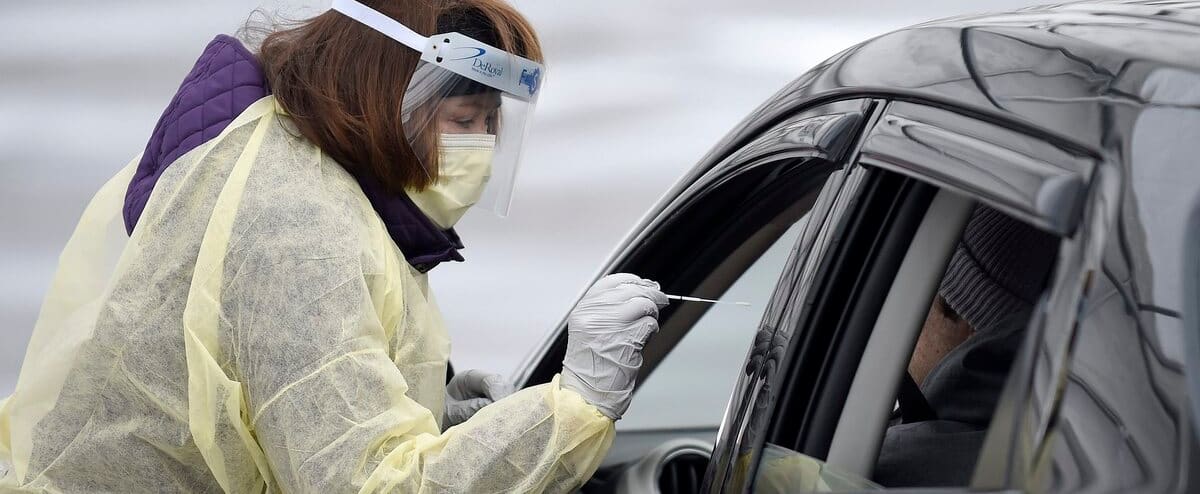Experts dream of an affordable and simple COVID-19 screening test that everyone could use at home, an avenue chosen by some specialized companies, but strewn with pitfalls.
Although they are less sensitive than traditional tests that require laboratory analysis, the accessibility and convenience of these rapid tests would drastically increase the number of people tested in the population, scientists have said in various publications.
According to this proposal, a majority of citizens would be able to test themselves for COVID-19 almost every morning and get a result within minutes, which would make it easier to reopen the economy while waiting for a effective vaccine is widely disseminated, explained an article in the journal Scientific American, at the end of August.
Disappointing performance
These rapid tests are called antigens because they work by detecting the presence of the coronavirus antigen, a protein of it, unlike the traditional method which detects the genetic trace of the virus.
Their design, however, is proving to be more complex than expected, the New York Times. After months of research, two companies, E25Bio and OraSure, abandoned the idea of a device that uses saliva, due to a performance deemed disappointing.
The use of saliva was initially considered because it was seen as the easiest and most appropriate means for the general population. It would suffice to drop a sample of saliva on a strip of paper and wait a few minutes.
Even if the SARS-CoV-2 virus is present in the saliva of infected people, the amount of antigen secreted into the cavities of the mouth would be insufficient to be detected satisfactorily. We would find much more in the nose and throat.
Still in development
E25Bio and OraSure intend to continue the development of portable technology, but are now considering a protocol that would involve nasal swabs that may be a little less comfortable.
The test of E25Bio, still in conception, would require rubbing the back of the nose with a swab, mixing this sample in a chemical “soup”, applying everything to a strip of paper and waiting for about a half. time, specify Times.
According to the company, this approach would detect about 80% of infections that ultra-sensitive laboratory tests typically uncover.
– With the QMI Agency
 Canada Live NEWS – 24/7 Breaking Headlines & Updates Canada Live News is one of the largest news curating sites across Canada which is made exclusively for Canadian people.
Canada Live NEWS – 24/7 Breaking Headlines & Updates Canada Live News is one of the largest news curating sites across Canada which is made exclusively for Canadian people.
